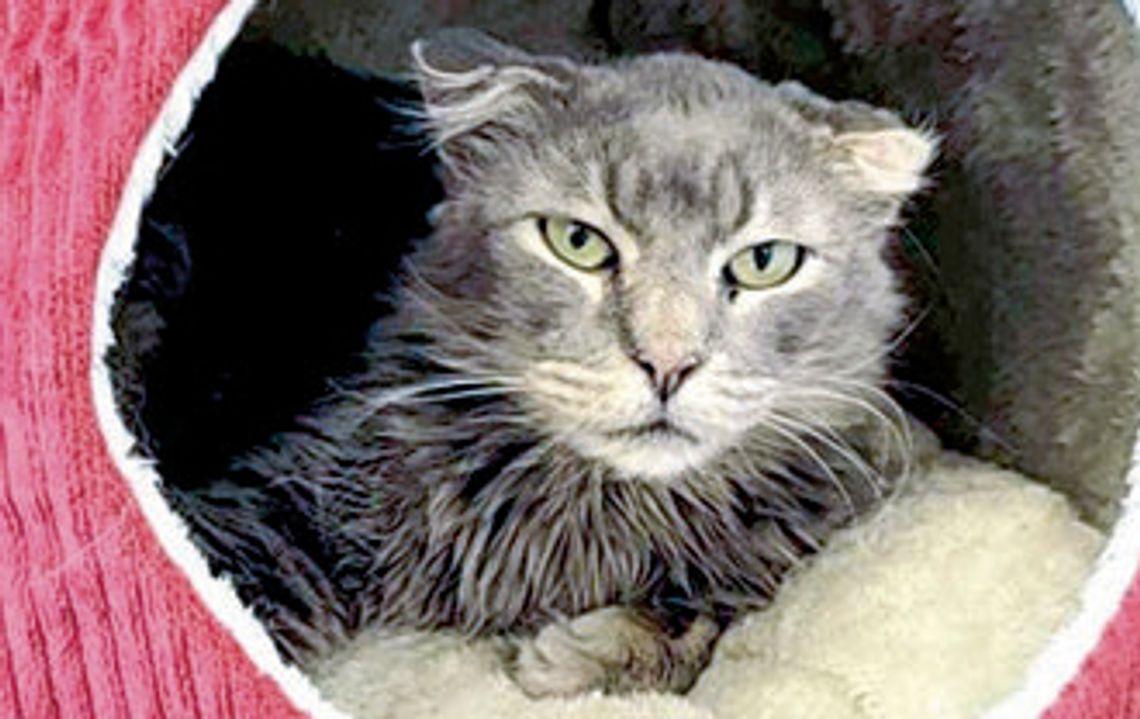HUTTO — Abandoning a pet or other “non-livestock” animal is a misdemeanor by state law. Until recently, that included releasing feral cats back into the wild after having them sterilized as part of a Trap Neuter and Release program. On Feb. 15, Hutto City Council approved a city ordinance that decriminalizes releasing neutered feral cats, aligning with current state law.
“The TNR program goes predominately to help the shelters,” City Manager James Earp told council members. “The shelters who move toward no-kill or positive outcome have more difficulty finding homes for kittens and cats than they do puppies and dogs. So, they began implementing Trap Neuter Release as a positive outcome to where they didn’t have to euthanize cats. Then some of these ended up creating cat colonies and that did in turn cause people to get separated on both sides of the issue.”
Williamson County Animal Shelter established its TNR program several years ago, when growth in the county led to an unmanageable rise in the number of feral cats and kittens being brought in.
Cat colonies can cause property damage and become a nuisance, so their very existence can cause division in a community. The TNR program, which supports feral cat management, is also controversial.
While Governor Greg Abbott signed House Bill 3660 in June 2023, decriminalizing the actions of those involved in releasing the neutered feral cats, Texas Parks and Wildlife Department put out an informational flier discussing why they were opposed to the practice.
“Feral (non-owned) and free-roaming cats pose a direct threat to the health of our natural resources. Feral cat colonies negatively impact songbirds, small mammals, amphibians and other native wildlife populations. Feeding programs are not recommended because they concentrate cats and wild animals into single areas, which can increase disease transmission and pose greater threats to native wildlife in the area. Neither intentional feeding of free-roaming cats or the sanctioning of managed cat colonies addresses ecological, animal health, or public health concerns, nor does it address population control,” a TPWD statement read.
Hutto’s new city ordinance still defines it as unlawful for cat owners to abandon or allow their felines to stray onto anyone else’s property. Stray cats will be impounded and the owners may face misdemeanor charges. However, a person who is caught releasing a feral cat and can prove the cat was being released as part of a TNR program can avoid prosecution and the cat will not be impounded.
This ruling applies only to feral cats that have been taken to a veterinarian for vaccinations and sterilization, and who have had one ear notched by the veterinarian.





